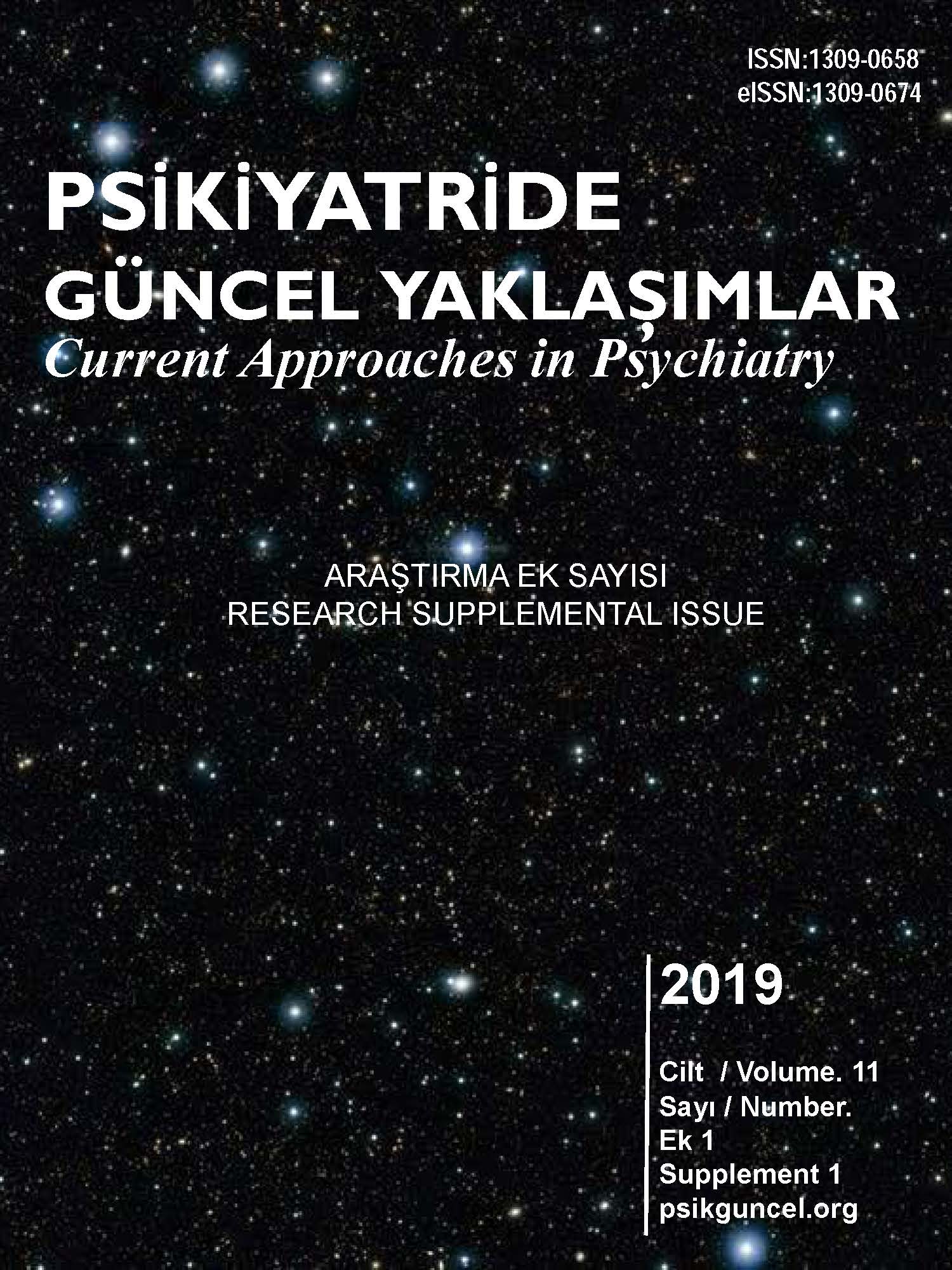Hope and Hopelessness in Infertile Women: A Phenomenological Study
Hope and Hopelessness in Infertile Women: A Phenomenological Study
Author(s): Sezer Er Güneri, Oya Kavlak, Ege Nazan Tavmergen GökerSubject(s): Clinical psychology, Phenomenology
Published by: Çukurova Universitesi Tip Fakultesi Psikiyatri Anabilim Dalı
Keywords: Helplessness; hopefulness; infertility; women; qualitative research; phenomenology;
Summary/Abstract: The aim of this study was to investigate hope and hopelessness in infertile women by using Seligman’s theory of “learned helplessness”. The study was conducted using a phenomenological research design. Fifteen infertile women whose treatment had failed were purposively selected. Data were collected via a semi-structured interview technique. Interviews were transcribed verbatim and were analyzed using interpretative phenomenological analysis. The main themes relating to hope were individual and social/environmental factors; the main themes relating to hopelessness were individual and social/environmental factors, and the treatment processes. The infertile women made more statements expressing their sense of hopelessness than hope. Women experienced fluctuating feelings during treatment and that unsuccessful treatment resulted in a sense of hopelessness and helplessness. Hopelessness experienced as a result of negative unsuccessful experiences of treatment leads to feelings of helplessness by suggesting to infertile women that their treatment will fail and that they will not be able to live a successful life. These feelings cause women to cease treatment. Health professionals need to take infertile women’s psychological needs into account and consider their personal feelings and values.
Journal: Psikiyatride Güncel Yaklaşımlar
- Issue Year: 11/2019
- Issue No: Suppl. 1
- Page Range: 24-36
- Page Count: 13
- Language: English

